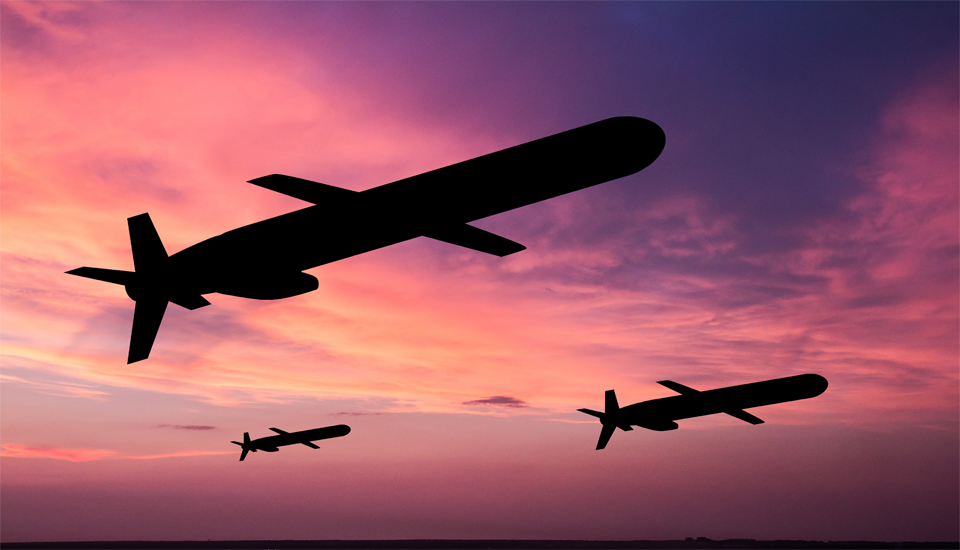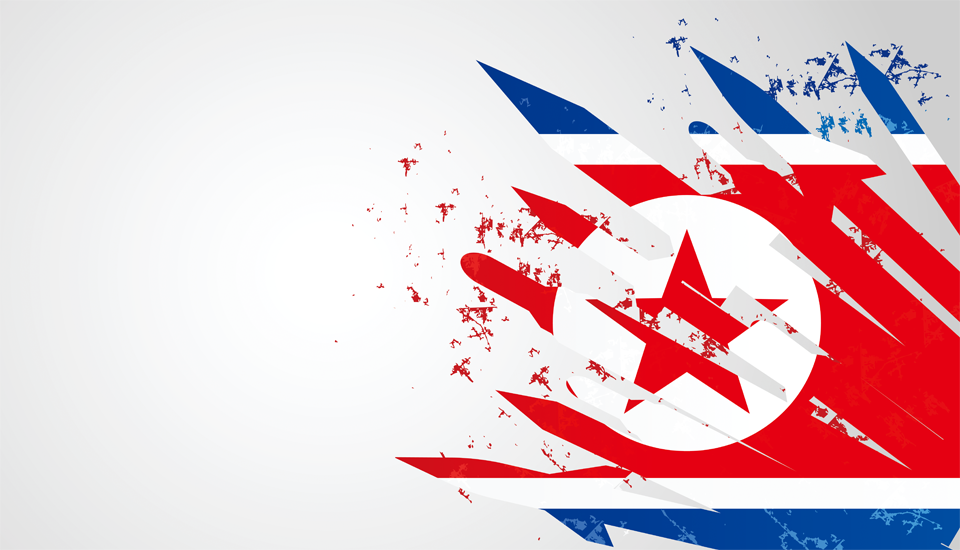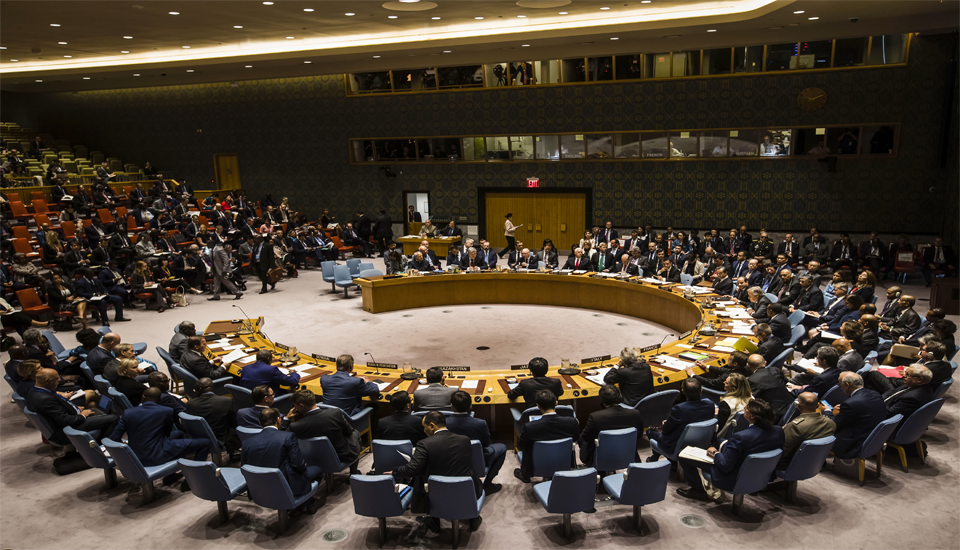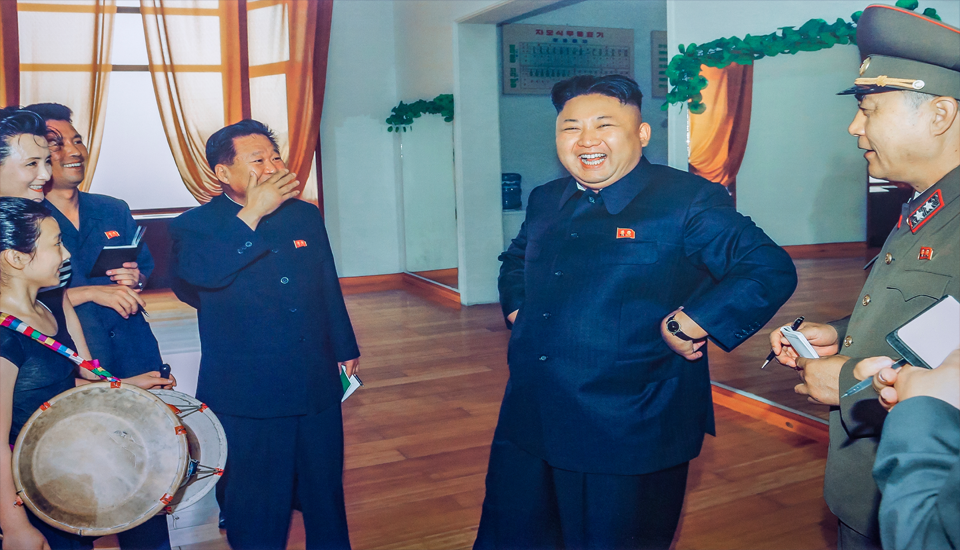
NK Update for January
Special Report | February 16, 2023
Minah Kang
Johns Hopkins University
In this month's NK Update, Minah Kang of Johns Hopkins University, discusses bolstering ROK-U.S.-Japan trilateral security cooperation in response to growing threats from North Korea, and U.S. nomination of Special Envoy for North Korean human rights issues.
The new year started with heightened military tension with North Korea’s super-large multiple rocket launches. In the face of its provocation, South Korea, the United States, and Japan reaffirmed the importance of their trilateral security cooperation and the US provision of extended deterrence. Especially the US and Japan’s leaders held a Security Consultative Committee and a Summit Meeting to announce that the US supported Japan’s fundamental enhancement of its defensive capabilities, including counterstrike capability. On the other hand, the US government nominated a special envoy for the North Korean human rights situation.
North Korea’s Super-Large Multiple Rocket Launcher and National Defense Spending
On January 1st, Rodong Sinmun of North Korea released a report on the Sixth Enlarged Plenary Meeting of the Eighth Workers’ Party of Korea Central Committee. Among the major tasks of the new year, the report emphasized that it is necessary to make a year of “bringing about a change in making preparations to mobilize for war and enhancing the actual war capacity.” Meanwhile, North Korea conducted a test-fire of the super-large multiple rocket launcher last December 31st and fired one shell with it towards the East Sea at dawn on January 1st. Regarding the super-parge multiple launch rocket system, Kim Jong Un, at the Ceremony of Donating, stated that this technology would be an offensive weapon capable of carrying a tactical nuclear warhead with all of South Korea in the range of strike. Against North Korea’s provocations, South Korean President Yoon Suk Yeol indicated that the South Korean government could consider suspending the September 19th military agreement and developing its nuclear weapons. Ned Price, a spokesperson for the US Department of State, reaffirmed the US’ provision of “extended deterrence through the full range of the US defense capabilities,” noting that “pursuing an unlawful nuclear arsenal” raised regional tension and “Yoon administration has been very clear that it is not pursuing a nuclear program.”
On the other hand, from January 17th to 18th, the Eighth Session of the Fourteenth Supreme People’s Assembly (SPA) of the DPRK took place. Unlike the last Seventh Session of SPA, when Kim Jong Un delivered a policy speech and publicly announced the legalization of nuclear weapons use, Kim Jong Un did not attend the SPA meeting this time, and no mention of foreign policy was found. However, it was noteworthy that the report on the fulfillment of the state budget at the SPA meeting specified what percentage of the national budget to be allocated to defense spending—i.e., “further bolstering up the war deterrence”—last year and this year. According to the report, North Korea’s defense budget ratio to the total expenditure for last year and this year is expected to remain the same at 15.9 percent. Considering that the economic and agricultural sectors accounted for 24.4% and 1.6% of North Korea’s total state budget last year, its military spending is remarkably high. Also, in terms of defense spending as a percentage of GDP, North Korea is estimated to be around 24 %. Compared to South Korea’s defense spending of 2.7% of GDP and the United States’ 3.4%, North Korea’s share of military expenditure in GDP has globally ranked the highest.
The US-Japan Alliance Enhanced
On January 11th, 2023, Secretary of State Blinken, Secretary of Defense Austin, Minister for Foreign Affairs Hayashi, and Minister of Defense Hamada assembled the US-Japan Security Consultative Committee (2+2), which was first formal dialogue on extended deterrence in 2+2 format, in Washington, DC. The Ministers presented their new national security and defense strategy to strengthen deterrence and response capabilities further to counter regional and global security challenges. They pointed out that, along with China’s unlawful maritime claims and Russia’s unjustifiable war against Ukraine, North Korea’s record number of illegal ballistic missile tests in the last year, including numerous intercontinental ballistic missile (ICBM) and the ballistic missile that flew over Japan. Furthermore, they presented a vision of a modernized Alliance postured with new strategic documents. Japan reaffirmed its intention to significantly raise its defense spending to fundamentally strengthen its defensive capabilities, particularly “counterstrike.” In addition, Japan reiterated its commitment to its defense and roles in collaboration with the US and other allies to actively contribute to upholding regional peace and stability. The upgraded national security plans of Japan were praised by the United States as a significant advancement that strengthened Alliance deterrence. On the following day, January 12th, US Defense Secretary Austin and Japanese Defense Minister Hamad held the Japan-US Defense Ministerial Meeting. The Ministers agreed to realign the US forces in Japan and to temporarily deploy the US Air Force MQ-9s to Kanoya Air Base. On January 13th, Japanese Prime Minister Kishida and US President Biden held a Japan-US Summit Meeting and issued a joint statement. Reiterating their commitment to support a Free and Open Indo-Pacific region frame, the statement articulated that the Indo-Pacific faces “growing challenges, from actions inconsistent with the rules-based international order by China to provocations by North Korea” and reaffirmed the two countries’ commitments to the complete denuclearization of the Korean peninsula as their primary task.
Amidst the enhanced US-Japan alliance, the North Korean Ministry of Foreign Affairs criticized Japan’s alarming drive to enter military power, destroying Article 9 of the Peace Constitution. It argued that the current Japanese government’s official policy to loosen the working guide of “three principles of defense equipment transfers” was designed to make the arms trade possible. It also problematized Japan’s increased defense budget and the US support for it. As discussed in last month’s NK update, the Japanese government chose to significantly expand its defense spending during the next five years by lifting its quota to over 2% of GDP in December last year. North Korean government confirmed that the “US strategy for hegemony” and “Japan’s reckless military expansion” shaped the unprecedented military confrontation in the East Asian region. Similarly, Wang Wenbin, Chinese Ministry of Foreign Affairs Spokesperson, reconfirmed its defensive nuclear strategy, and the US and Japanese leaders’ recent meetings incited the Cold-War mentality and bloc confrontation.
The US Government’s Nomination of a Special Envoy for North Korean Human Rights
The US President Biden formally informed the US Senate on January 23 that Julie Turner had been nominated as “Special Envoy for North Korea Human Rights Issues with Rank of Ambassador.” The Special Envoy for North Korean Human Rights is responsible for developing and executing the US government’s North Korean human rights policy. This is a new State Department job created in October 2004 as a result of the North Korean Human Rights Act. Julie Turner serves as the Director of the Office of East Asia and the Pacific in the Bureau of Democracy, Human Rights and Labor at the Department of State. She had a remarkable career in dealing with North Korean human rights and other regional issues in the State Department and the National Security Council staff, including field experiences as a Special Assistant in the Office of the Special Envoy on North Korean Human Rights issues. Julie Turner’s nomination was one of fifteen announced by President Biden as “Key Nominees” who would be “key leaders in his administration.” The last Administration’s reluctance to designate a North Korean human rights ambassador during his presidency, along with President Biden’s lengthy delay in making the North Korean human rights nomination, has resulted in the vacant position for more than six years. Spokesperson, Price explained that Turner’s nomination reflected the US government’s priority in addressing the North Korean human rights situation as well as its ultimate objective of the complete denuclearization of the Korean Peninsula. In other words, despite North Korea’s military provocations, the US government reaffirmed its steadfast approach to North Korea based on the pragmatic and practical dialogue for denuclearization and the binding commitment with treaty allies with South Korea and Japan.
Considering Japan’s military strategy shift, South Korea’s mention of the domestic development of nuclear weapons, and the US’ nomination of a special envoy for North Korean human rights, North Korean provocation led other countries to reconsider and reaffirm their approach toward North Korea. Although the three countries maintained their commitment to trilateral security cooperation with the US provision of extended deterrence, it is imperative to closely watch whether and how the Japanese “defensive” military buildup will bring about change in their treaty alliances and security arrangement. Therefore, direct and open dialogue between the allied countries is vital. In addition, South Korea could also utilize the meeting of President Yoon and NATO Security General Stoltenberg as a springboard for seeking international allies and expanding its diplomatic efforts with other countries to counter North Kore’s provocations.
■ Minah Kang is a Ph.D. candidate in the Department of Political Science at Johns Hopkins University. Her research interests include International Influences on Domestic Politics, State-Society Relations, Political Exclusion, Identity and Otherness, Global History of Cold War and East Asia, and Korean War. She has obtained her B.A. Political Science and International Relations & Women’s studies and M.A. in Political Science and International Relations at Ewha Womans University.
■ Typeset by Junghoo Park, Research Associate
For inquiries: 02 2277 1683 (ext. 205) | jhpark@eai.or.kr
International Relations

Re-Declared “Frontal Breakthrough”: North Korea’s Nuclear First Line in 2023 and Its Limitations
Won Gon Park | February 08, 2023

Divining the North Korean Nuclear Problem in a Multipolar World
Taesuh Cha | December 16, 2022

A Decade Under the Millennial Supreme Leader Kim Jong-Un
Jeong Won Na | December 12, 2022
LIST